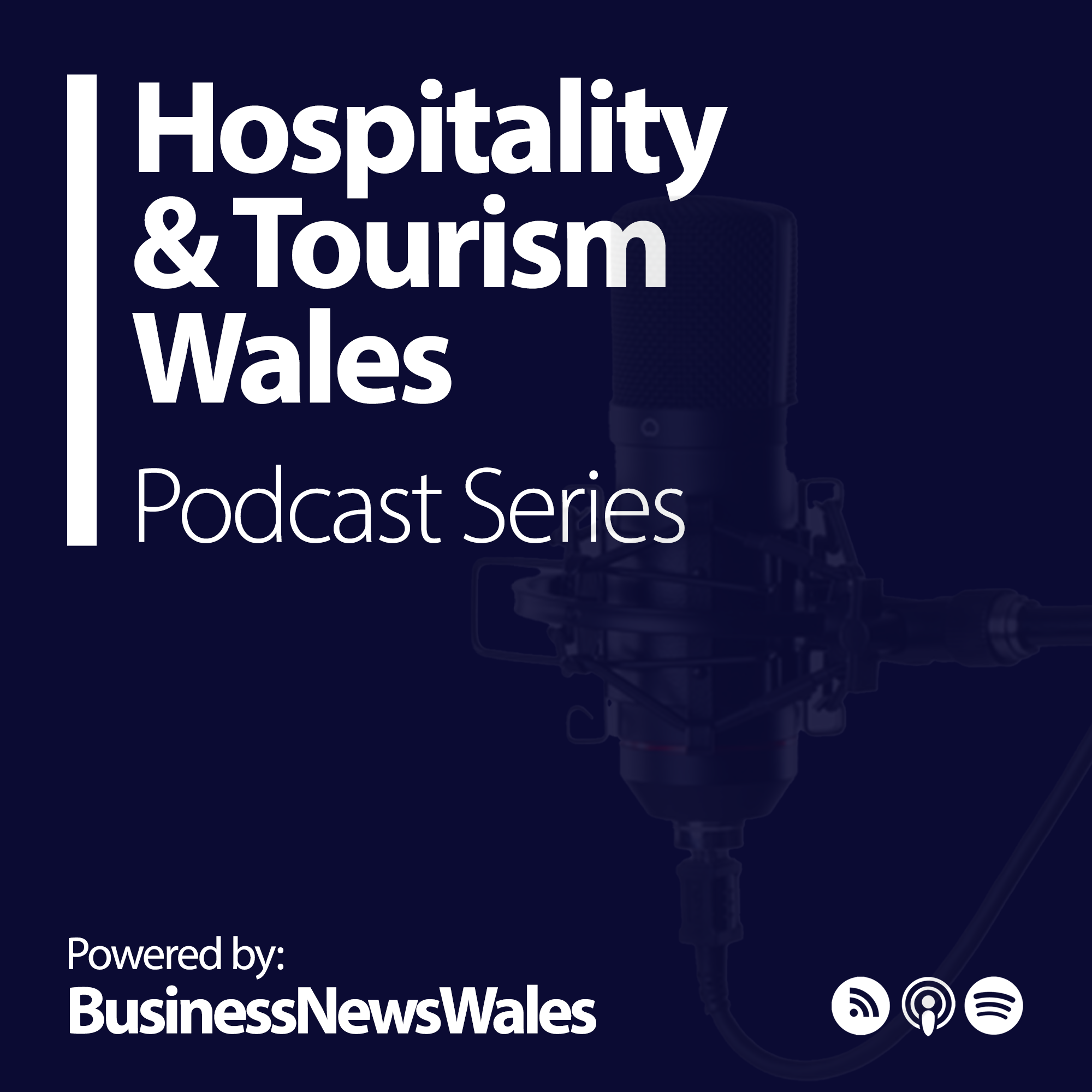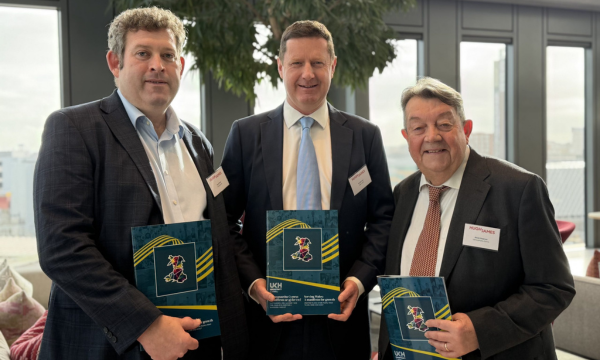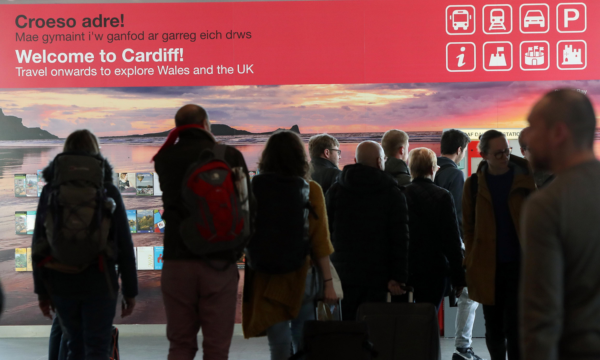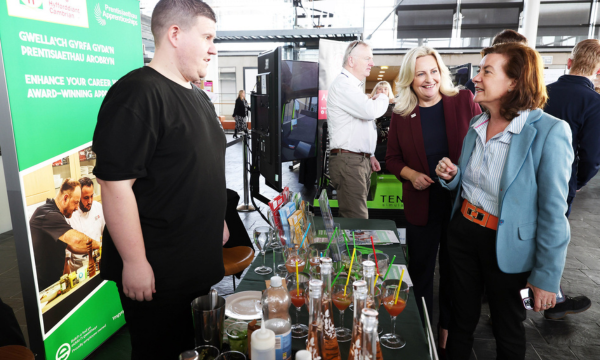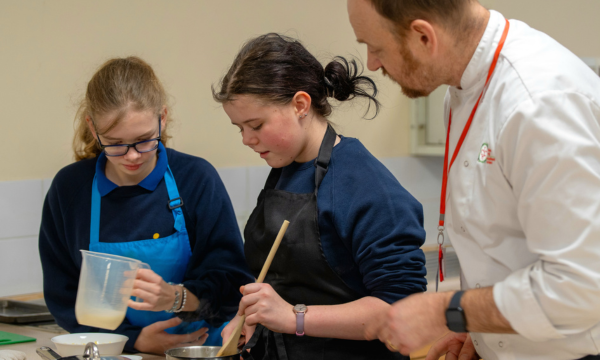
GUEST COLUMN:
Matt Barnby
Regional Operations Director
Celtic Collection

The hospitality industry has had to adapt hugely in recent years. The challenges we’ve faced have forced us to evolve – not just to survive, but to ensure that we can recruit and retain the talented staff we need to thrive.
I believe flexibility will continue to be the key to securing a strong workforce this year.
The labour shortages we experienced immediately after the pandemic were unprecedented. At one point, we even had to restrict occupancies because we simply didn’t have enough staff to operate at full capacity. Thankfully, things have improved since then, but there are still areas where recruitment remains a challenge. Chefs, in particular, are in high demand, and the shortage is still an issue.
Part of the problem can be traced back to Brexit. Previously, we had a programme that brought in chefs from a Cypriot hospitality school to gain experience with us. Each year, around 20 chefs would join our teams, significantly bolstering our operations. Unfortunately, that option is no longer available.
In response, we’ve had to think differently. Now, we partner with universities closer to home, such as University of South Wales, University of Wales Trinity Saint David’s and Birmingham University, all of which have strong hospitality programmes. These partnerships are mutually beneficial – students gain valuable hands-on experience, and we strengthen our teams. In 2025 we also look forward to launching our own Hotel and Hospitality Apprenticeship programme which will provide successful candidates the opportunity to experience all key areas within the industry.
Flexibility has been central to how we’ve adapted. For too long, hospitality was seen as an industry plagued by inflexible and unsociable hours. Many workers who left during the pandemic discovered other roles with more predictable schedules and chose not to return. To address this, we’ve made changes.
We now offer more part-time roles than ever before, allowing staff to fit work around their lives. Parents can drop their children off at school before coming in for a shift, and we’ve found ways to accommodate their schedules. Gone are the days of expecting team members to work excessive hours – our focus is on ensuring staff work reasonable hours and are encouraged to enjoy a healthy work life balance.
These changes are essential if we want to attract and retain talent. The industry must be flexible and creative in its recruitment efforts. When we opened Tŷ Milford Waterfront in Milford Haven, for instance, we had 60 positions to fill and held recruitment events in unconventional venues like a bowling alley, a museum, and a theatre. The response was phenomenal, with queues of people lining up to apply.
The hospitality industry must embrace innovation, not only in how we operate but in how we engage with potential employees. By adapting our recruitment practices and making the workplace more appealing, we can ensure our sector remains an attractive career choice.
As we start 2025, the message is clear: flexibility isn’t just an option for hospitality, it’s a necessity. By continuing to evolve, we can build a workforce that’s ready to meet the demands of a growing and dynamic industry.






